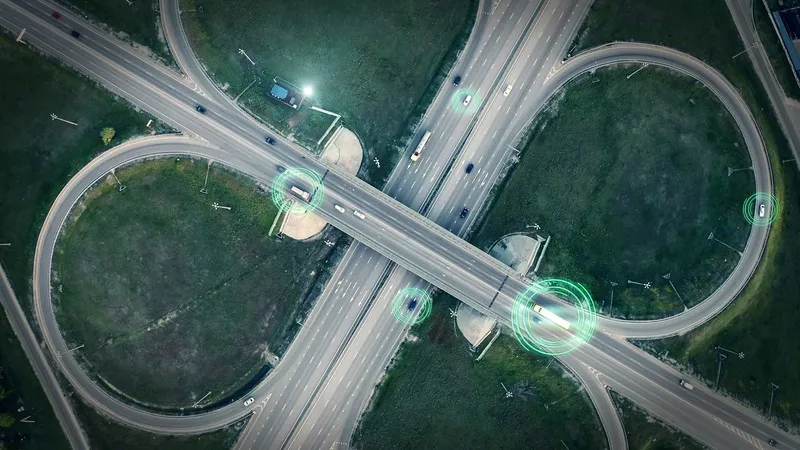The Louisiana Department of Transportation and Development (DOTD) has selected Kapsch TrafficCom (Kapsch) to provide management and staffing services for the DOTD Traffic Management Centers (TMCs), each with varying levels of support and staffing appropriate for daily operations. DOTD currently operates five TMCs and provides Motorist Assistance Patrol (MAP) services in New Orleans, Baton Rouge, Shreveport and Lake Charles areas, as well as MAP services for various construction projects state-wide. The cont
July 20, 2017
Read time: 2 mins
The 6174 Louisiana Department of Transportation and Development (DOTD) has selected 4984 Kapsch TrafficCom (Kapsch) to provide management and staffing services for the DOTD Traffic Management Centers (TMCs), each with varying levels of support and staffing appropriate for daily operations.
DOTD currently operates five TMCs and provides Motorist Assistance Patrol (MAP) services in New Orleans, Baton Rouge, Shreveport and Lake Charles areas, as well as MAP services for various construction projects state-wide. The contract, valued at US$8M for the operations scope of work, will be carried out over three years with an option to extend for up to twenty-four months.
Kapsch will deliver traveller-focused and performance-driven TMC operations services that facilitate reliable and safe movement of people and goods in designated areas of the State which will maximise roadway throughput and minimise the impacts of roadway incidents. Kapsch will proactively support traffic management, incident response, special events and emergencies during expected (e.g. routine traffic conditions and rush hour), planned, such as large events and construction, and unplanned such as major traffic incidents, weather events and natural disasters.
As part of the contract, trained and qualified staff will be provided, including additional staffing beyond normal day-to-day requirements during times of severe weather events such as hurricanes, special events, planned and unplanned events, as well as emergencies.
The TMC staff use a variety of ITS measures to monitor the highways and prevent potential incidents before they occur, as well as manage an incident once it begins, monitoring traffic flow, identifying incidents and dispatching MAP. They also inform motorists of lane/roads closures and congestion, update the ITS maintenance department and other transportation resources and coordinate with other organisations such as Louisiana State Police or local law enforcement. Additionally, staff operate systems such as ATMS, 511 systems, DOTD social media, mobile applications and other related systems.
DOTD currently operates five TMCs and provides Motorist Assistance Patrol (MAP) services in New Orleans, Baton Rouge, Shreveport and Lake Charles areas, as well as MAP services for various construction projects state-wide. The contract, valued at US$8M for the operations scope of work, will be carried out over three years with an option to extend for up to twenty-four months.
Kapsch will deliver traveller-focused and performance-driven TMC operations services that facilitate reliable and safe movement of people and goods in designated areas of the State which will maximise roadway throughput and minimise the impacts of roadway incidents. Kapsch will proactively support traffic management, incident response, special events and emergencies during expected (e.g. routine traffic conditions and rush hour), planned, such as large events and construction, and unplanned such as major traffic incidents, weather events and natural disasters.
As part of the contract, trained and qualified staff will be provided, including additional staffing beyond normal day-to-day requirements during times of severe weather events such as hurricanes, special events, planned and unplanned events, as well as emergencies.
The TMC staff use a variety of ITS measures to monitor the highways and prevent potential incidents before they occur, as well as manage an incident once it begins, monitoring traffic flow, identifying incidents and dispatching MAP. They also inform motorists of lane/roads closures and congestion, update the ITS maintenance department and other transportation resources and coordinate with other organisations such as Louisiana State Police or local law enforcement. Additionally, staff operate systems such as ATMS, 511 systems, DOTD social media, mobile applications and other related systems.










